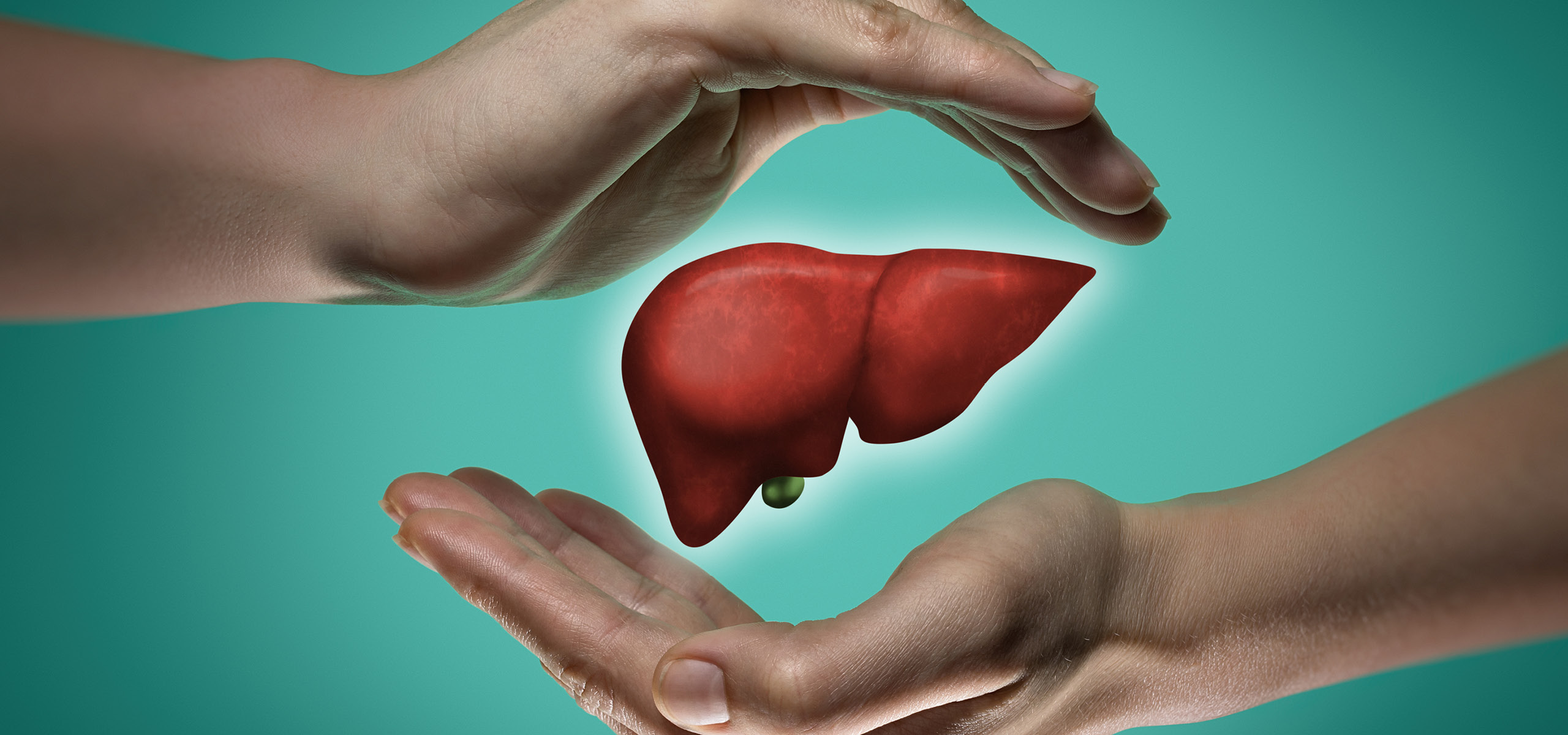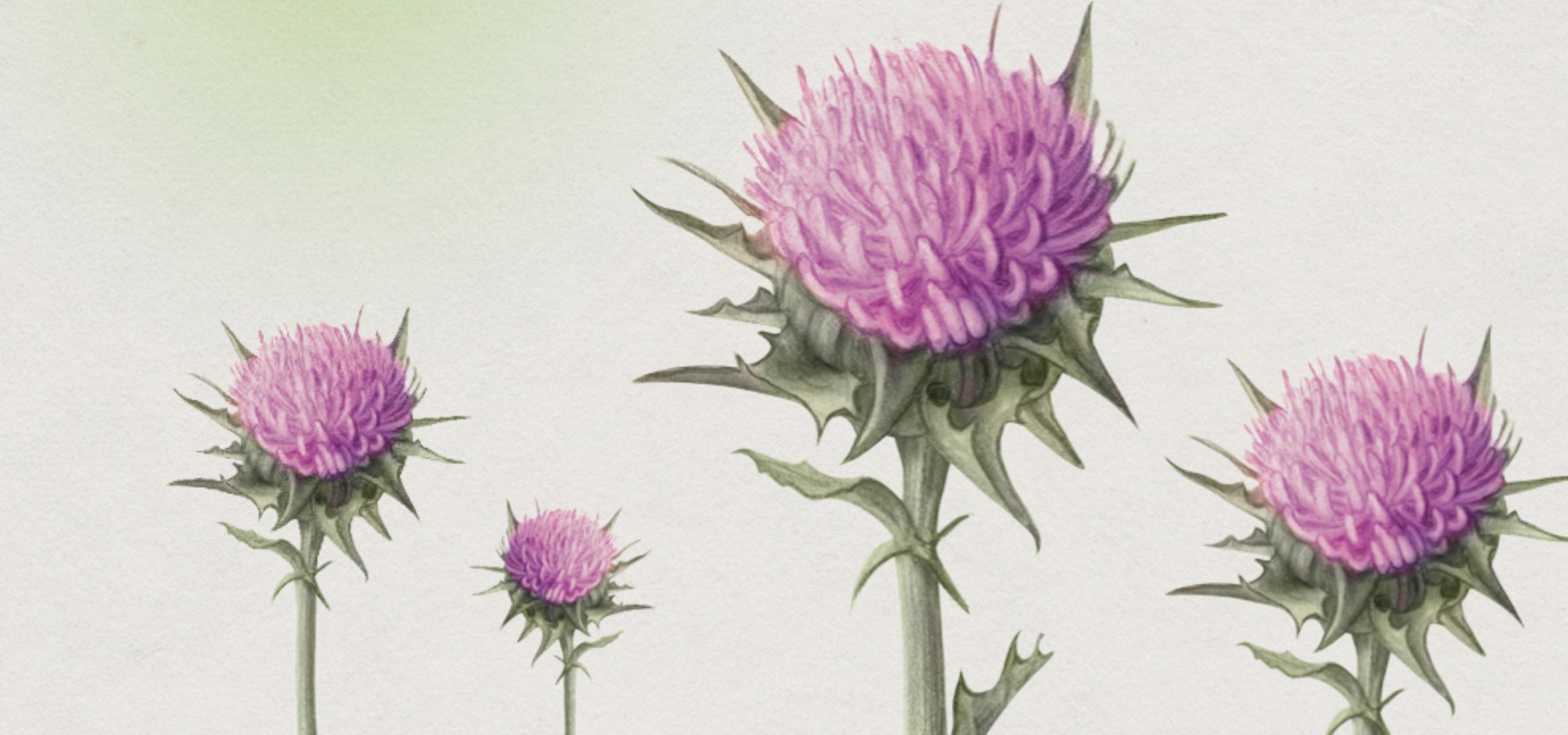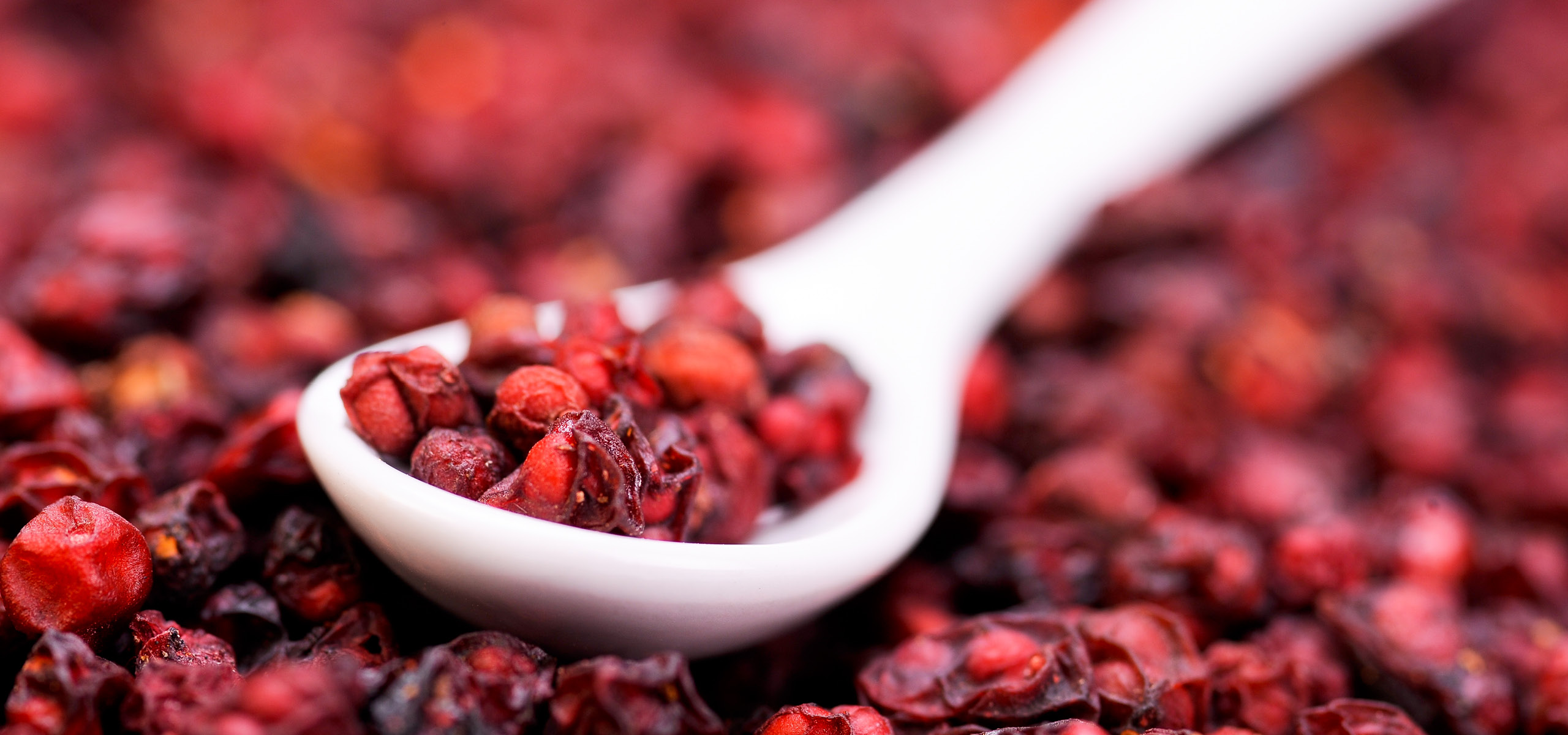Sluggish Liver
Your liver contributes directly to your health and vitality. So, a sluggish liver with suboptimal function may have wide-ranging effects on your health and wellbeing.

What are the symptoms of sluggish liver function?
The liver plays a central role in both digestion and detoxification, so if its functioning is less than optimal, the symptoms can affect many different parts of the body.1 In the gastrointestinal system, common symptoms may include indigestion, nausea, burping, bloating, flatulence and a reduced ability to tolerate fatty foods.1,2
Elsewhere, other symptoms of a sluggish liver may include:
- Fatigue
- Constipation
- Premenstrual mood changes
- Skin problems (including acne)
- Headaches1
From a traditional Chinese medicine (TCM) perspective, signs of a poor functioning liver organ-meridian system include high day-to-day stress levels, poor circulation and premenstrual mood changes. Other signs of a sluggish liver include muscle spasms and tightness of the tendons, eye problems, poor sleep, mood problems, short temper, perfectionism, indecisiveness and being low in initiative and/or motivation.

What causes sluggish liver function?
The liver plays a key role in the breakdown, metabolism and detoxification of fats and hormones as well as dietary and environmental toxins.1
Poor diet and lifestyle habits can contribute to sluggish liver function. Eating a diet high in sugars and fats (especially refined carbohydrates and unhealthy types of fat such as those found in deep-fried foods) can add to the liver’s workload.1
Other issues that may contribute to poor liver function may include exposure to toxic compounds (e.g. pesticides or industrial chemicals) and being overweight.1
In TCM, lifestyle factors such as eating too much, exercising too little or being under constant stress are traditionally regarded as causing the flow of Qi (energy) in the liver to become congested or stagnant, sometimes accompanied by an accumulation of Heat or Fire.
Since the liver is considered responsible for the flow of Blood, body fluids and Qi around the body and the regulation of the emotions, this stagnation can result in feelings of repression, frustration and anger, as well as low moods and poor decision making. Physical problems can also occur, including sluggishness and fatigue (especially in the morning), menstrual issues (e.g. clotting in the menstrual flow), acne, indigestion, muscle pain and tendon stiffness.

Natural therapies for a sluggish liver
Milk thistle supports healthy liver function
Milk thistle supports the health of the liver and its natural detoxication processes. This important liver herb has antioxidant actions that help to reduce the formation of free radicals, which are a natural byproduct of normal detoxification. Milk thistle is traditionally used in Western herbal medicine as a liver tonic, as well as to help the digestion of fats in the diet and to relieve indigestion.
Traditional Chinese herbs
In TCM, conditions associated with stagnant liver Qi are traditionally treated with herbs such as citrus peel and bupleurum. Traditionally understood benefits of these and other liver herbs in TCM include:
- Citrus peel is traditionally used in TCM for healthy digestion, and to relieve indigestion, nausea, excessive burping and abdominal bloating
- Bupleurum promotes the flow of liver Qi, relieving irritability and premenstrual mood changes and supports bile production, based on its traditional use in TCM
- Baical skullcap helps to clear accumulation of Heat in the liver and aid its natural detoxification functions, based on its traditional use in TCM
- Schisandra is traditionally used to support liver health in TCM and has antioxidant actions to reduce the formation of free radicals in the body
- Goji berries also have antioxidant properties and are traditionally used in TCM to nourish and strengthen the liver

Diet and lifestyle recommendations for sluggish liver function
- Don’t smoke or take recreational drugs, and limit your alcohol intake
- Reduce your caffeine consumption; too much may contribute to liver Qi stagnation
- Avoid eating unhealthy trans fats and sugar found in junk food and fried food. Instead, consume healthy fat sources such as extra-virgin olive oil, oily fish, nuts and seeds. Consider taking a fish oil supplement if you feel like you aren’t getting enough healthy fat sources from your diet
- Drink at least two litres of water each day
- Include plenty of fibre in your diet (from fruit and vegetables, whole grains and legumes) to support the liver’s detoxification functions by aiding the removal of wastes from the body.1 In TCM, it’s traditionally believed that these foods are best consumed warm rather than cold if your liver is sluggish
- In Chinese medicine, foods with pungent and sweet flavours (such as watercress, cardamom, rosemary and oregano) are traditionally consumed to help clear liver stagnation
- Watercress is considered a particularly beneficial food to release stagnant liver Qi, cool down excess Heat and support the liver’s natural detoxification processes
- Other foods to favour include those with sour and bitter flavours including garlic, ginger, grapefruit and coriander
- Suppressing your emotions can contribute to stagnant liver Qi, so find a way to express what’s going on for you, consulting a counsellor if necessary
- Get regular exercise. Physical activity promotes the healthy flow of Qi and Blood, and may help you manage your weight
- Minimise your exposure to man-made chemicals and toxic compounds by choosing organic produce where possible and switching to cleaning products based on natural ingredients
References
- Hechtman L. Clinical naturopathic medicine. Chatswood: Elsevier Australia, 2012.
- Victoria State Government. Published 2014 and accessed Oct 2019 from betterhealth.vic.gov.au/health/ConditionsAndTreatments/liver
















